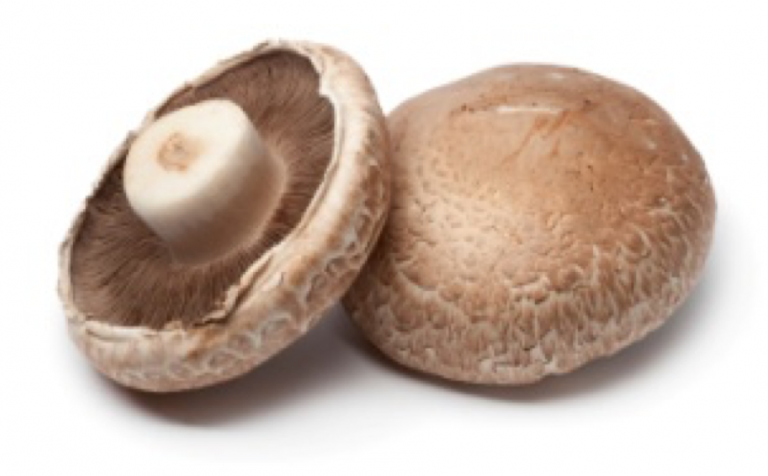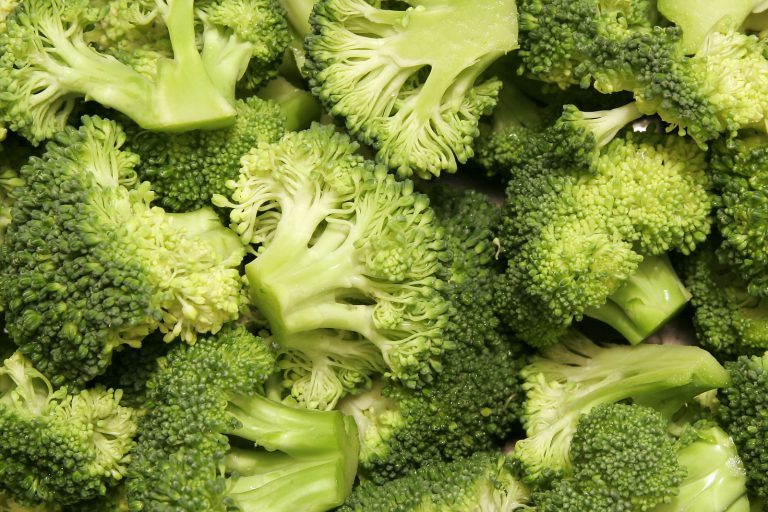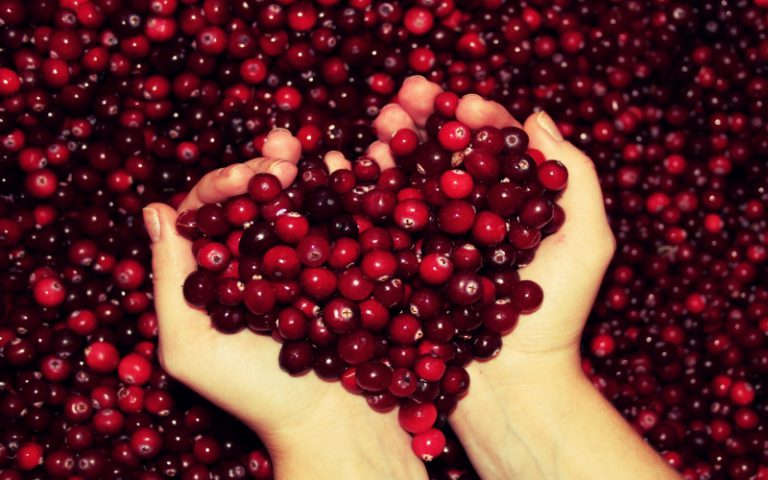In my book, I describe my Top Ten foods against cancer, and then list another four which are up there, too. These are all items which are quite readily accessible and able to be incorporated in the diet simply and inexpensively. They may be relatively common, but are still “super”in my opinion. This is in distinction to the term “superfoods” which has been bandied about quite a bit. It implies that common foods are inadequate, and that we must seek something more powerful.
New or re-discovered superfoods seem to be appearing all the time, most being rather obscure or from remote locations. They come with claims for health benefits but usually without a great deal of evidence. Examples include acai berries (from a South American palm), goji berries (Himalayan), noni juice (Polynesian), chlorella (green algae from the ocean), spirulina (cyanobacteria from tropical lakes), maca (a root from the Andes), camu camu (fruit from the Amazon), and Kakadu plum (bush tucker from Australia). Generally these are quite expensive, and have not been subjected to enough study to know how good they really are. I expect that many of these foods are beneficial, but it may be because they are from areas where soils (or oceans) have not been depleted of key nutrients, or that they have been farmed or harvested without chemicals or processing. On the other hand, some are only in supplement form, may not be very pure, and could be marketed by those wanting to take advantage of anxious consumers who are willing to pay for the hope of a cure.
Do we really need to seek out “superfoods”? What about everyday items? What about apples and oranges?
Fresh, locally grown common items have been extensively studied, have been shown to be protective, and are easily obtainable and affordable. By all means, eat superfoods if you want, but don’t miss what is right under your nose.
I have been amazed to find how many fruits and vegetables possess anticancer activity. Perhaps they all do to some extent. Research keeps uncovering more beneficial foods in the form of unprocessed plants. This is what we would expect if we accept the principle that plants produce chemistry to protect themselves, and the same chemistry protects us when we ingest them. Variety is probably as important as quantity, and many fruits and vegetables have amazing qualities.
Here is a list of common plant foods with anticancer effects backed by specific research include :
- Apples
- Oranges
- Pomegranate
- Pawpaw
- Pineapple
- Avocado
- Spinach
- Peppers and chillies
- Legumes (peas, beans, green beans)
- Ginger
- Many kinds of herbs and spices
If you are serious, focus on my top ten, but use all of the above plentifully as well. So there it is – you don’t have to go to the Amazon rainforest or the Himalayas, but just to your local shop!





